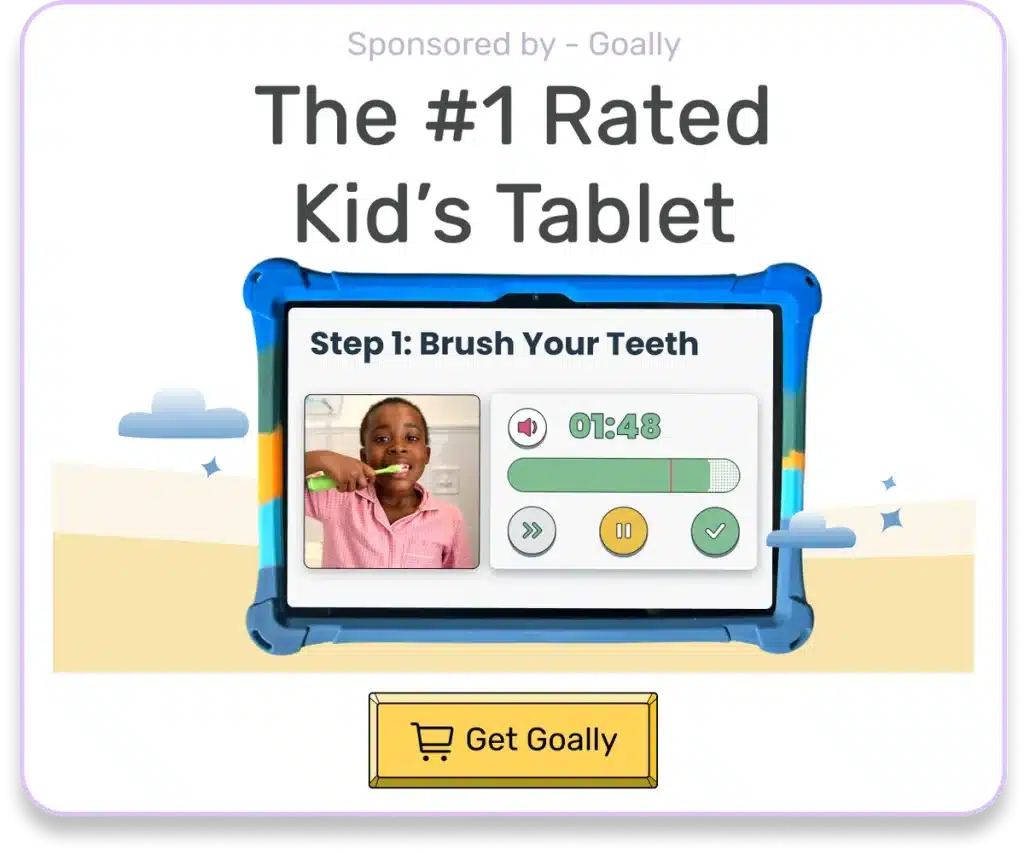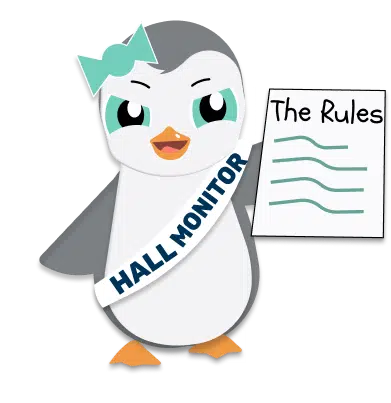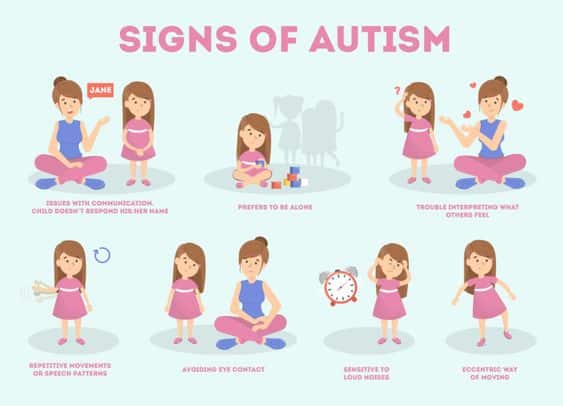Any parent wants what’s best for your kid, and that includes understanding their behavior and development. If you notice anything unusual or concerning, you might wonder, “What are signs of autism?” Autism is a developmental disorder that affects how kids communicate, socialize, and behave. It’s important to know the signs of autism so you can identify any potential challenges your child may face and get them the support they need to succeed.
Table of Contents
What is Autism?
Autism is a spectrum disorder, meaning that each child with autism is unique and presents differently. However, there are some common signs that parents can look for to help identify if their child may have autism. These signs include:
- Delayed language development
- Lack of interest in socializing
- Difficulty making friends
- Repetitive behaviors
While autism can present differently in each child, it’s certainly important to be aware of these signs so you can seek an evaluation if you notice anything concerning.

Read more: How Do You Tell If It's ADHD or Autism?
Recognizing Signs of Autism in Young Kids
Young kids with autism may exhibit some signs that can be concerning for parents. They may:
- Have delayed language development
- Not respond to their name
- Avoid social interactions
- Seem more interested in objects than people
- Difficulty playing with other kids
If you observe your child seeming distant or struggling to share their emotions, it’s crucial to consult a healthcare expert for an evaluation.

Read more: 5 Early Signs of Autism in Babies
Another sign of autism in young kids is a lack of eye contact. Kids with autism may have a hard time making eye contact with others, which can make social interactions difficult. It’s important to remember that this does not mean that your child is not paying attention or is uninterested. It is simply a sign of autism and a way that their brain processes social interactions.
Recognizing Signs of Autism in Older Kids
Older kids with autism may have different signs than younger kids. They may:
- Struggle with social interactions
- Have difficulty understanding nonverbal cues
- Engage in repetitive behaviors (such as hand-flapping or repeating words or phrases)
- Have intense interests in specific topics, such as trains or dinosaurs
These interests may be all-consuming and seem unusual to others. It’s important to remember that these interests are a part of their identity and can be a source of strength for them.
How Does Autism Affect Kids?
Autism can significantly impact how kids communicate, socialize, and behave. Kids with signs of autism may:
- Have difficulty expressing themselves or understanding others
- Struggle to form friendships
- Experience sensory sensitivities (such as being sensitive to loud noises, bright lights, or certain textures)
- Have a hard time adjusting to change or new situations, making it important to maintain a consistent routine
How Can You Help Your Child?
If you suspect that your kid possibly has autism, it’s important to seek an evaluation from a medical professional. A diagnosis can help you access resources and support that can help your child thrive. There are also things you can do within the home to support your child, such as:
- Creating a consistent routine: Knowing what to expect can help your child feel more secure and comfortable.
- Using visual aids: Pictures and schedules can be helpful in understanding social situations, routines, and expectations.
- Focusing on your child’s strengths and abilities: Every child with autism has unique strengths, and focusing on them can help build their confidence and self-esteem.
- Practicing patience and understanding: Kids with autism may have a hard time communicating or socializing, and patience and understanding can help them feel accepted and valued.
Co-occurring conditions are common in kids with autism. Some of these conditions include:
| Condition | Description |
|---|---|
| ADHD | Difficulty paying attention, impulsivity, and hyperactivity |
| Anxiety | Excessive worry or fear, avoidance of social situations or changes in routine |
| Depression | Persistent sadness, loss of interest in activities, changes in appetite or sleep |
| Sensory Processing Disorder | Difficulty processing sensory input, such as touch, sound, or smell |
| Intellectual Disability | Below-average intellectual ability and difficulty with adaptive skills |
| Epilepsy | Seizures that can vary in type and severity |
It’s important to be aware of these conditions because they can impact your child’s development and require additional support.

Goally | Apps That Build Behavior & Life Skills for Kids
Want to keep your child motivated while building essential behavior and life skills? Goally’s skill-building tablet is designed to celebrate small wins and help your child grow.
Our Behavior Tracker helps you reward your kiddo for specific skills, like “being kind” or “flushing the toilet.”
By setting clear expectations and rewarding their efforts, you foster a positive environment for your child to flourish in their behavioral skills journey.

Signs of Autism: Final Thoughts
Understanding the signs of autism is important for parents of neurodivergent kids with thinking and learning differences. While autism can present differently in each child, common signs include delayed language development, lack of interest in socializing, difficulty making friends, and repetitive behaviors. If you suspect that your child may have autism, it’s important to seek an evaluation from a medical professional. A diagnosis can help you access resources and support that can help your child thrive. By creating a consistent routine, using visual aids, focusing on your child’s strengths and abilities, and practicing patience and understanding, you can support your child in reaching their full potential.
This post was originally published on 04/16/2023. It was updated on 10/19/2023.

Goally
We help parents teach their kids life skills, like doing bedtime and morning independently. Backed by science, we incorporate evidence-based practices and expert-informed designs in all of our apps and content.






